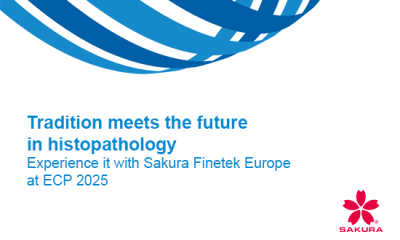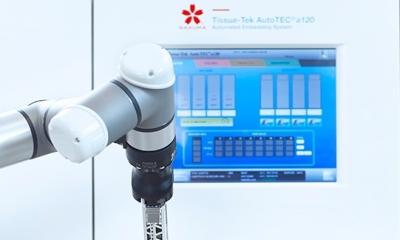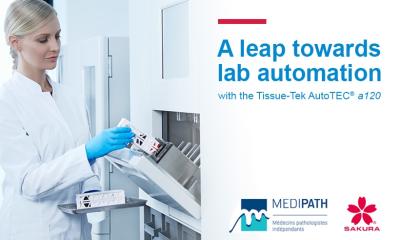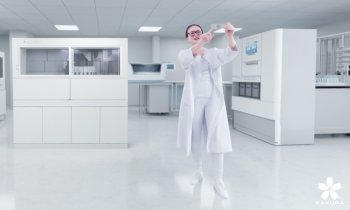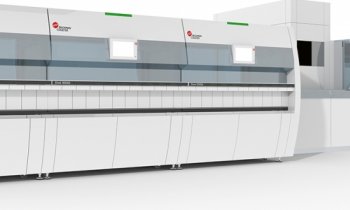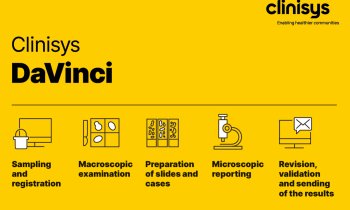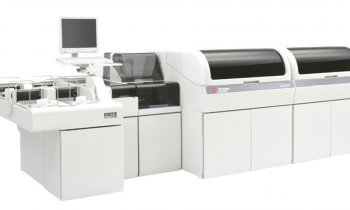Image source: Sakura Finetek
Sponsored • The 50 shades of brown
Sakura Finetek Europe enables optimal only Advanced Staining results
Pathologists know that a fast and accurate diagnosis is crucial for the patient journey. When the diverging roads of treatment lie ahead – one path leading to recovery and the other the opposite – it’s the pathologist who must point the way. But with no quality standard for the result, it has always been difficult for pathologists to give those vital directions with confidence.
Quality has been key in staining and immunohistochemistry (IHC) for decades, but everything from less-optimal antibodies to insufficient dilutions has meant that one in three slides aren’t accurate enough for a correct diagnosis. Add an abundance of variables to the mix and you get the current status quo – a situation that affects patients in more ways than we have ever imagined.
The vast majority of unsuitable slides result from weak staining that results in false negatives; the remainder are caused by poor signal-to-noise ratio that generates false positives. And yet, policies and procedures for staining are largely decided on a lab-by-lab basis. This failure results from delayed standardisation, which makes suboptimal lab performance all the more likely.
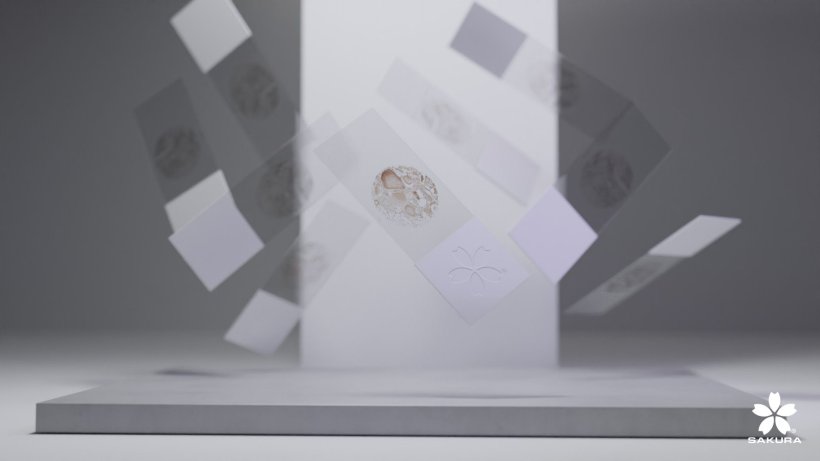
Image source: Sakura Finetek
The world of advanced staining is often a complicated, delayed, and inaccurate place. It’s been this way for so long that to many, it may not even register as a problem, but it is likely making everyone’s work harder than it needs to be. Sakura has been questioning this status quo – and they think it’s time for change.
Sakura Finetek Europe questions the situation this which tissue diagnostics finds itself. Better yet, they are offering a solution – one that could see tissue diagnostics become the fast, accurate, trustworthy process it needs to be. With a growing interest in digital pathology, there is an equally growing need for IHC standardisation and optimisation, but we have decades’ worth of catching up to do. Likewise, recent IVDR regulation in the EU means that compliance is required now, not at some distant future point.
To help labs catch up, Sakura has been working hard creating long-term, sustainable solutions with their mission: Advancing cancer diagnoses by providing integrated solutions for anatomic pathology and patients. They’ve been improving the lab’s workflow, standardising and automating processes in pre-analytics already with their closed systems: the xylene-free continuous rapid tissue processor and the automated tissue embedder. From this autumn, they extended their support, and now they provide standardised, closed-loop technology also in IHC. Their new Advanced Staining System uses single protocols for over 130 optimal antibodies, offering the convenience of reduced IHC assay calibration and validation. They combine this with third-party quality control and by only offering optimal scoring antibodies – giving reassurance to pathologists and patients who need quicker, more reliable, and accurate results.
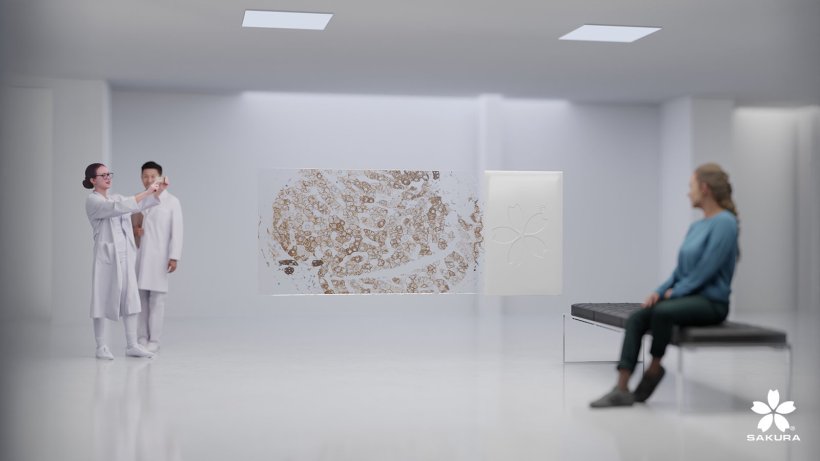
Image source: Sakura Finetek
Pathologists love the flexibility in advanced staining. Still, it’s that exact same flexibility that is causing confusion. Sakura aims to rid the advanced staining market of its blemishes, to rub away the variables and the subjectivity. Sakura provides standardised staining protocol for IHC and ISH to achieve optimal results. That’s achieved through offering automated start-to-end solutions with Advanced SMART Automation for tissue diagnostics to set a new standard – enabling pathologist professionals to achieve optimal results.
To discover more about how Sakura approaches advanced staining and how they’re changing the status quo, read more about their Optimal only approach at sakura.eu/optimal-only.
Source: Sakura Finetek
04.10.2022



